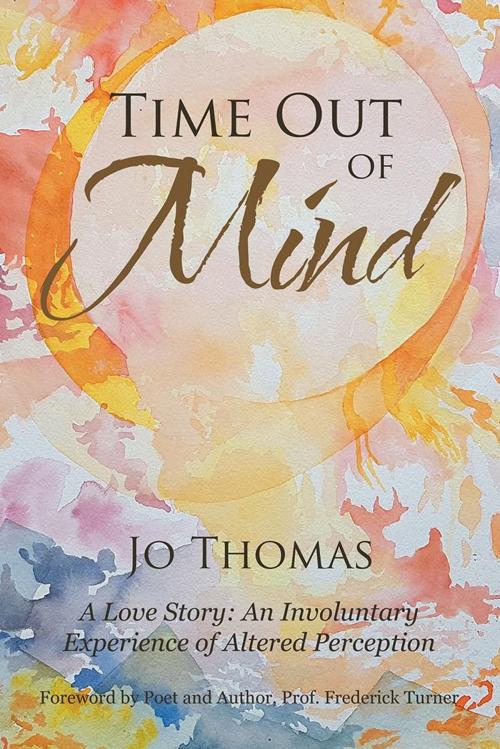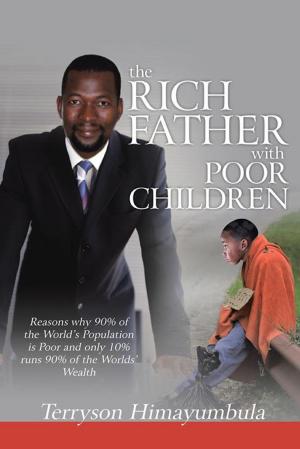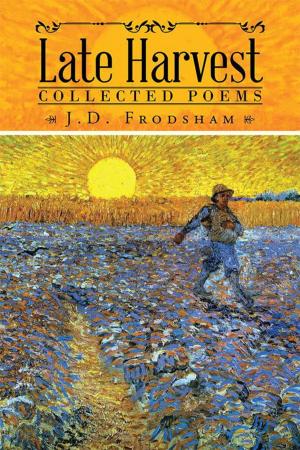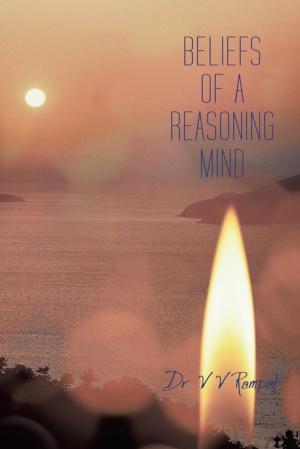Time out of Mind
A Love Story: an Involuntary Experience of Altered Perception
Nonfiction, Religion & Spirituality, Inspiration & Meditation, Spirituality, Health & Well Being, Psychology, Biography & Memoir| Author: | Jo Thomas | ISBN: | 9781524678074 |
| Publisher: | AuthorHouse UK | Publication: | February 17, 2017 |
| Imprint: | AuthorHouse UK | Language: | English |
| Author: | Jo Thomas |
| ISBN: | 9781524678074 |
| Publisher: | AuthorHouse UK |
| Publication: | February 17, 2017 |
| Imprint: | AuthorHouse UK |
| Language: | English |
An eye-witness account of the writers own experience of her journey into the mysterious world of an altered perception not induced by drugs or any stimulus other than the desire for reunion with the beloved other . . . Euridice rather than Orpheus searching the underworld. Mental illness tends to be a taboo subject. It has not often been described by the one who experiences but more often as a case history or as a subject for analysis. Two people from totally different backgrounds meet in 1949. They experience poverty, homelessness, social change in the 50s, and emerge victorious from their struggles. Suddenly, the man dies aged forty-four, leaving his wife with four children when the youngest was two. The womans journey to wholeness explored the labyrinth of madness, a loss of meaning that was further exacerbated in the setting of psychiatric hospitals. She was aware of deeper levels of human history, which emerged unbidden, vividly remembered, and retold as they occur in the context of the events described. Fantasy? As always, with every fiction, some sharp shards of truth are piercing the web. The poems, placed as illustrations in the text, were written at the time of the experience.
An eye-witness account of the writers own experience of her journey into the mysterious world of an altered perception not induced by drugs or any stimulus other than the desire for reunion with the beloved other . . . Euridice rather than Orpheus searching the underworld. Mental illness tends to be a taboo subject. It has not often been described by the one who experiences but more often as a case history or as a subject for analysis. Two people from totally different backgrounds meet in 1949. They experience poverty, homelessness, social change in the 50s, and emerge victorious from their struggles. Suddenly, the man dies aged forty-four, leaving his wife with four children when the youngest was two. The womans journey to wholeness explored the labyrinth of madness, a loss of meaning that was further exacerbated in the setting of psychiatric hospitals. She was aware of deeper levels of human history, which emerged unbidden, vividly remembered, and retold as they occur in the context of the events described. Fantasy? As always, with every fiction, some sharp shards of truth are piercing the web. The poems, placed as illustrations in the text, were written at the time of the experience.















